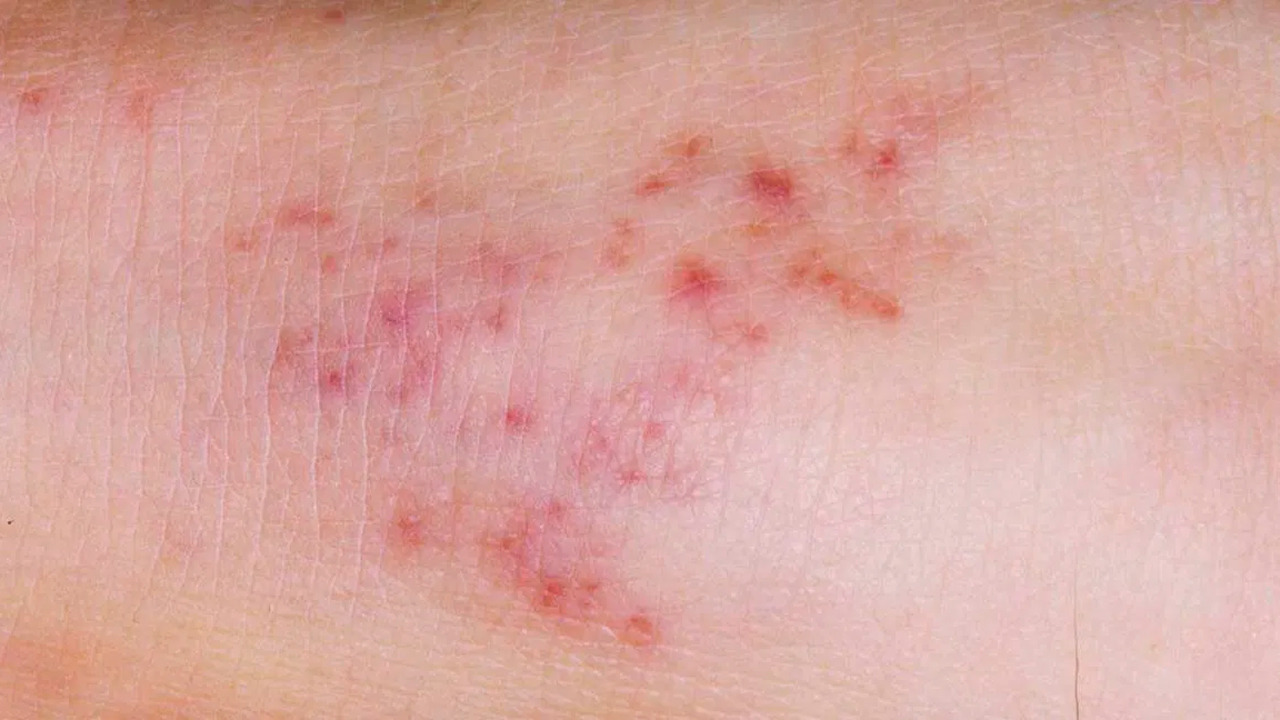Meningitis is an inflammation in brain and spinal cord membranes which is caused by an infection. An infection of the fluid surrounding the brain and spinal cord usually causes swelling. There are many causes of meningitis; therefore, it is very important to know the cause of meningitis as the treatment differs accordingly to get the proper treatments.
Viral and bacterial infections are the most common causes of meningitis; however, some kinds of injuries, chronic diseases, or drugs can also cause meningitis.
Causes of Meningitis:
- Viral infection
- Bacterial infection
- Meningococcal bacteria
- Pneumococcal bacteria
- Haemophilus influenza type b
Symptoms of meningitis in infants or children:
- Low appetite
- Vomiting
- Rash
- Diarrhea
- Respiratory symptoms
Symptoms of meningitis in adults:
- Stiff neck
- Headaches
- Fever
- Sensitivity to bright lights
- Nausea
- Sleepiness
Types of Meningitis:
Viral Meningitis - Viral meningitis is a more common cause and less severe type of meningitis. Vaccines can prevent some kinds of viral meningitis.
Bacterial Meningitis - Bacterial meningitis is a more severe and deadly type of meningitis. It needs immediate medical attention.
Fungal meningitis - This type of meningitis is rare. People can get it by inhaling fungal spores from the environment. Cancer, HIV, and diabetes patients are more likely to develop fungal meningitis.
Parasitic Meningitis - Several parasites can cause meningitis and affect the brain or nervous system. It is much less common than other types of meningitis.
Amebic Meningitis - The fatal amebic meningitis caused by the unusual ameba Naegleria fowleri, which dwells in warm water and soil, is rare.
Non-infectious Meningitis - Head injuries, brain surgeries, and certain drugs can cause meningitis.
Some meningitis can get better on its own, but some can be life-threatening and would require immediate medical treatment.
Meningococcal Disease
This is caused by bacteria called Neisseria meningitides. Symptoms include fever, fatigue, cold hands and feet, rapid breathing, and severe aches in the muscles, joints, chest, or abdomen. In the advanced stages, a dark purple rash appears. Also meningococcal disease and meningitis are not the same. Having meningitis doesn't mean that you have Meningococcal disease, and having Meningococcal disease doesn't always mean that you have meningitis.
Timely medical care must be obtained. Therefore, act immediately if you notice any symptoms.

 Although meningitis is uncommon in India, it is still something to be concerned about. For awareness, learn more about meningitis.
Although meningitis is uncommon in India, it is still something to be concerned about. For awareness, learn more about meningitis.









.jpeg)








.png)
.png)

.png)
.png)
.png)

.png)
.png)
.png)

.png)
.png)